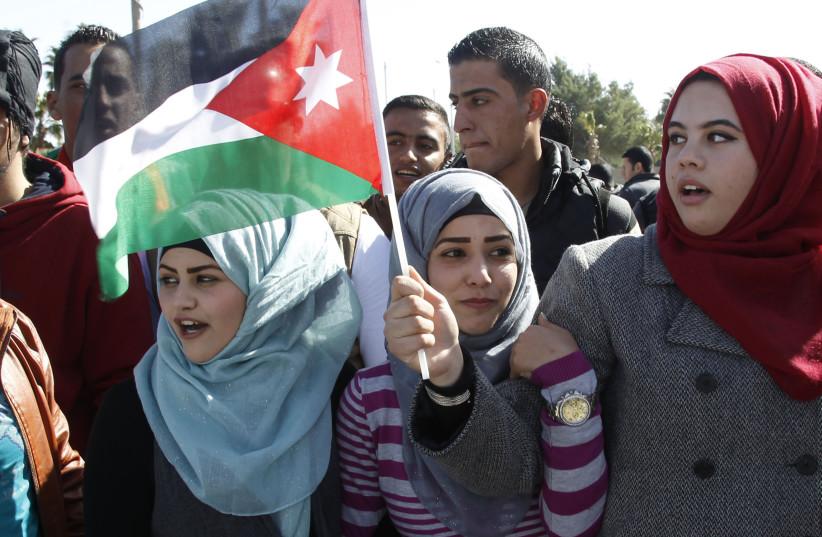Unfortunately, Qatar has been ranked the second worst country in the world when it comes to gender equality (Sintia, 2020). With this being said, women in Qatar face a great amount of discrimination and oppression. There is a significant lack of women in work, school, and political seats. In fact, Qatar's Gender Gap Index of 2014 indicates that their economic participation is ranked 101/142, political participation is ranked 140/142, and educational attainment is ranked 94/142 (Spring Forward, 2015.). These statistics demonstrate the need for new gender equality implementation in Qatar in order to achieve gender equality for their sustainable development goal.
In order to combat this discrimination against women and provide them with natural human rights, "the Human Rights Department of the Ministry for Foreign Affairs of Qatar had organized a forum which had focused on scrutinising and analysing the achievements to date," (Committee, 2019). This forum allowed Committee Experts to ask Delegates questions in regarding their efforts for change. After presenting various reforms and emphasizing the need to eliminate women's oppression in Qatar, some changes have been seen. According to the report, "Four women had joined the Shura Council (...) the Family Affairs Department had been established within the Ministry of Administrative Development, Labour and Social Affairs, as a high-level body to deal with the family and especially women’s issues, in line with the Qatar National Vision 2030," (Committee, 2019). However, Committee Expert pointed out that the there are still two major laws, the Family Law and Nationality Act, that are preventing Qatari women from making any real progress towards equality. Furthermore, there is no law prohibiting domestic violence nor is there a national strategy that acknowledges this issue.
In regard to these barriers, Qatar has recently enforced a variety of projects that will tackle this issue; "The National Development Strategy 2018-2022 contained 56 projects which addressed issues such as social protection, women’s empowerment, family support, home support services, and others," (Committee, 2019). These projects include the implementation of a National Anti-Trafficking Committee in order to fight human trafficking and punish those responsible for involvement.
Based on this information, Qatar is slowly working towards gender equality. However, I do believe more enforcement should take place due to the little amount of change they are experiencing today.
References
Committee on the Elimination of Discrimination against Women examines the report of Qatar. (2019). OHCHR. Retrieved from https://www.ohchr.org/EN/NewsEvents/Pages/DisplayNews.aspx?NewsID=24789&LangID=E.
Radu, S. 2020. Top 10 Worst Countries for Gender Equality, Based on Perception. U.S. News. Retrieved from https://www.usnews.com/news/best-countries/slideshows/10-worst-countries-for-gender-equality-ranked-by-perception
Spring Forward for Women Programme. (2015). UN Women. Retrieved from https://spring-forward.unwomen.org/en/countries/qatar
